As a precursor to Austrian Chancellor Karl Nehammer’s resignation, analyst Kiszelly Zoltan explained, in response to Magyar Nemzet's question, that attempts were made to form a grand coalition with the Social Democrats, which would have resulted in a one-seat majority. Alternatively, a stable governing majority could have been achieved by including the liberal NEOS, but the parties were unable to agree on the austerity package.
This is why the parties couldn’t form a coalition government; they had differing approaches to consolidating the budget,
– the expert said. The negotiations were further complicated by the fact that the Social Democratic Party has a left-leaning leader, Andreas Babler, and that the liberal NEOS persues such German-style policies that other parties find difficult to follow, he added. The liberals demand a level of fiscal discipline that may be justified, so their goal is to implement it both in Germany and Austria, something the European Union expects.
However, the implementation is very politically challenging, which further complicated the talks,
Mr. Kiszelly added.
Regarding the fact that the Austrian Freedom Party (FPO) garnered the most votes in Austria’s parliamentary elections, Mr.Kiszelly noted people's growing dissatisfaction with mainstream political parties.
If we look at it, mainstream parties can no longer provide the kind of stability and prosperity they once did. Migration policy in Austria has caused significant dissatisfaction, with Social Democratic and People’s Party governments admitting roughly 200,000 migrants—a move that Austrians no longer approve of. We can also see that most workers in Austria now vote for the Freedom Party. Another contributing factor is opposition to vaccination policies, as the Freedom Party was the only major party to take a stand against them. This stance brought them many new voters, and their support has now risen to around 35 percent, compared to 29 percent in last September’s election.
The background to this is that during the pandemic, Austria and Bavaria implemented very strict vaccination policies, punishing and ostracizing those who did not get vaccinated. In Austria, plans were afoot to make even the fourth jab mandatory.
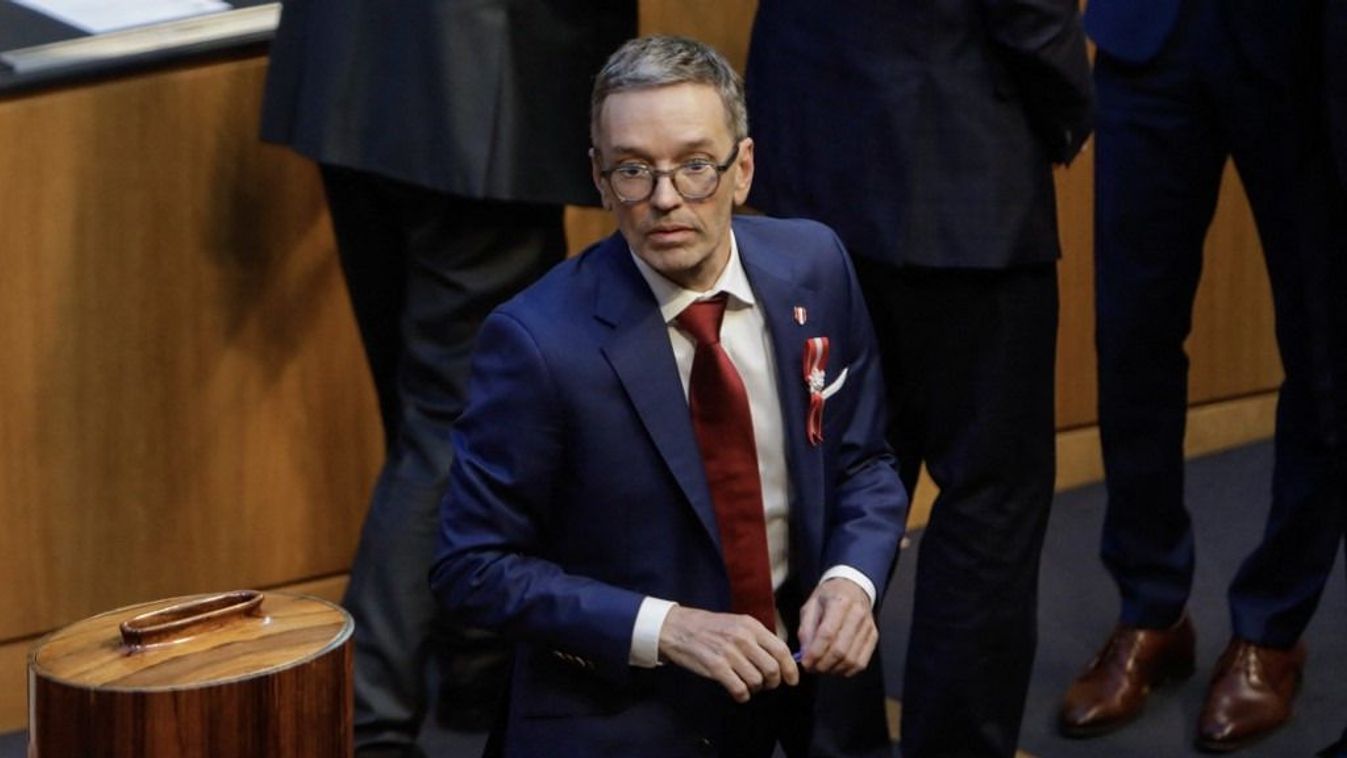
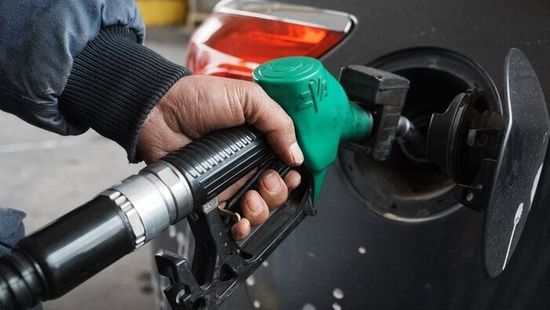
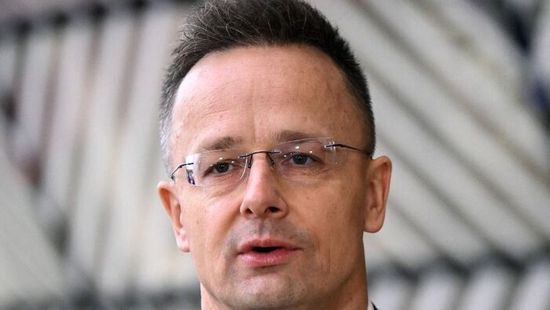
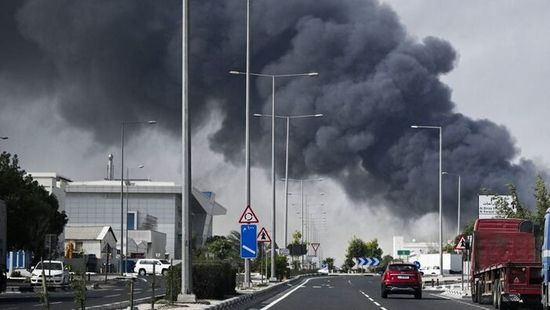
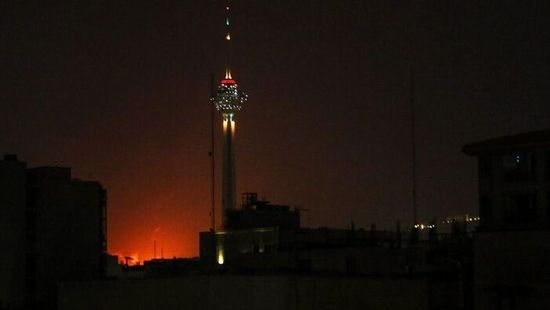


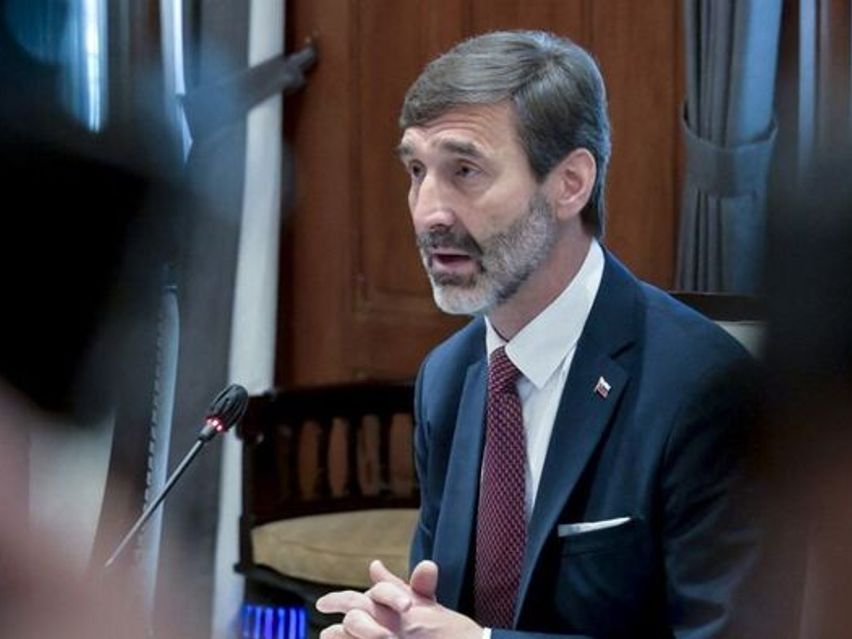
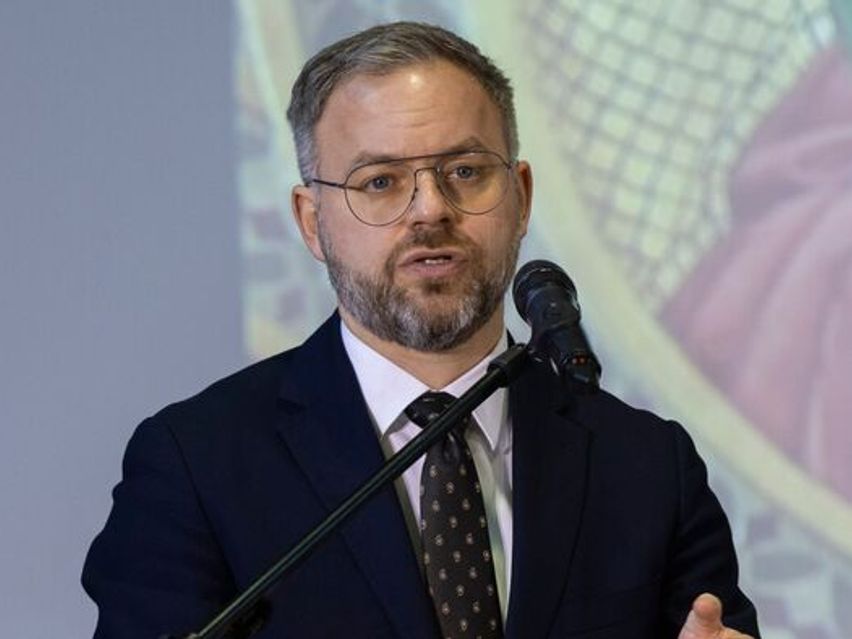
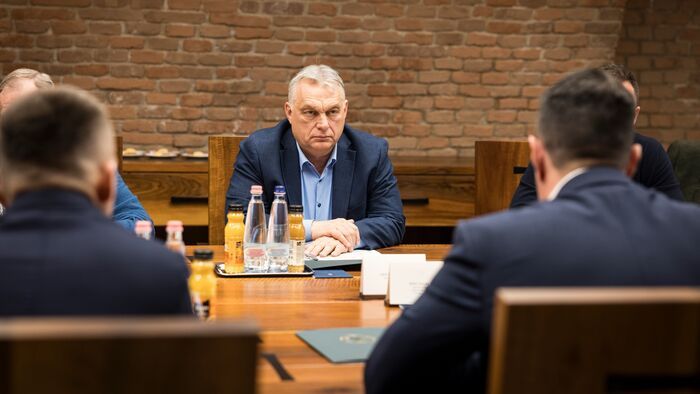


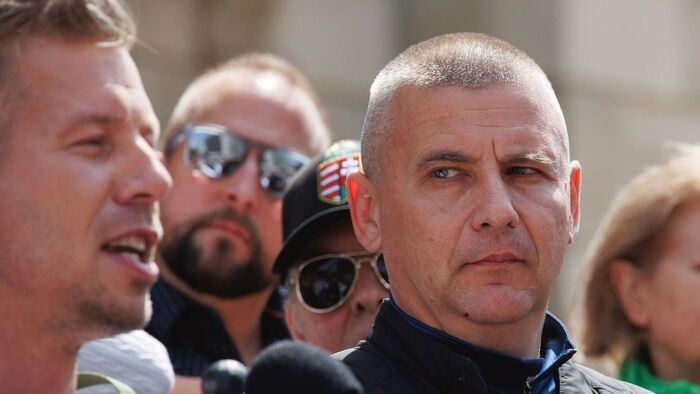
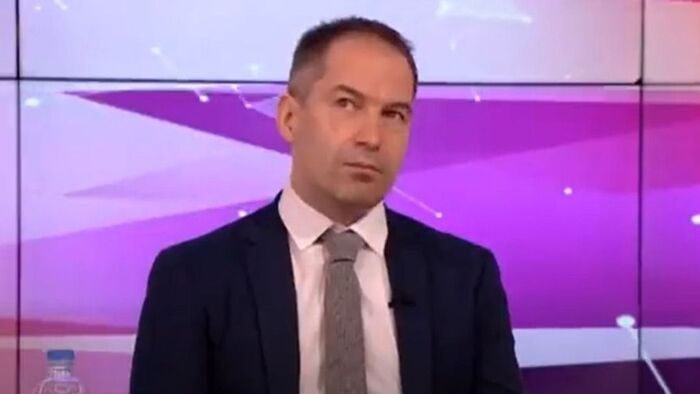
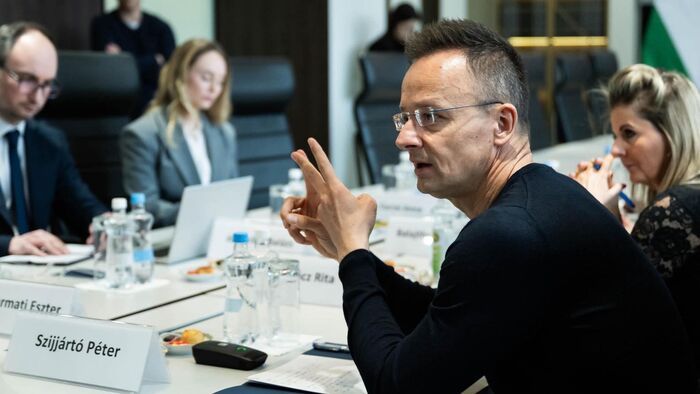
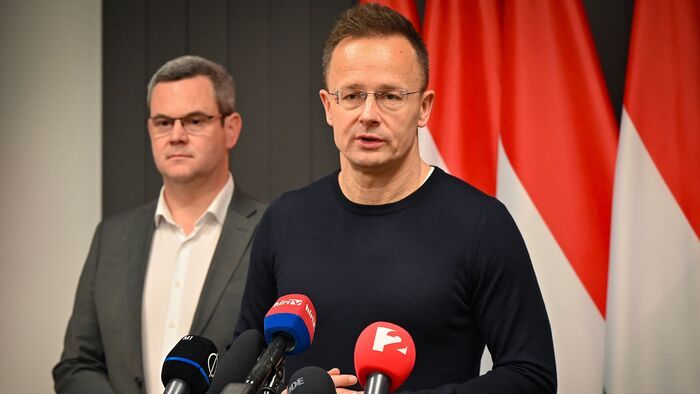
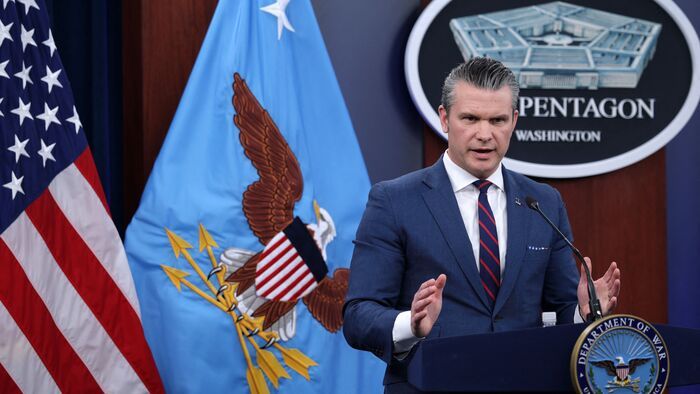
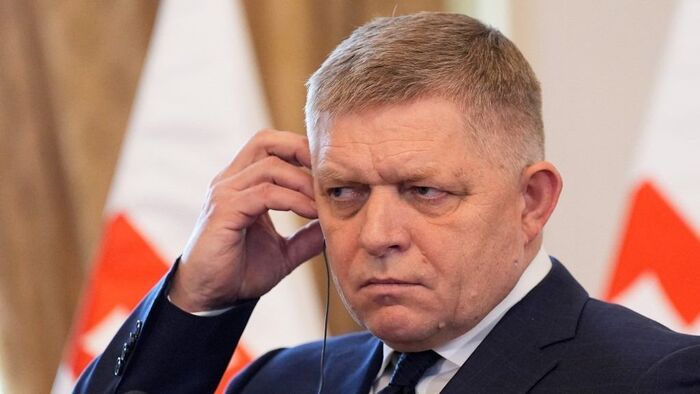
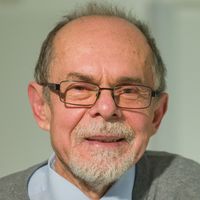

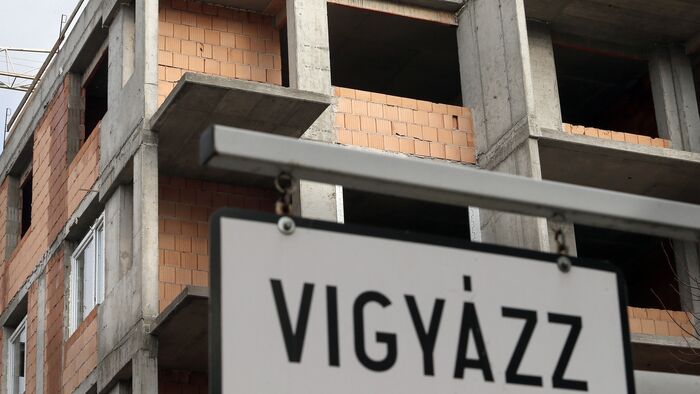
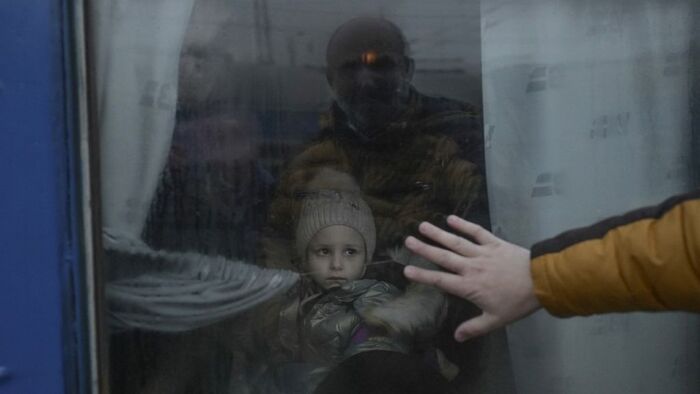

Szóljon hozzá!
Jelenleg csak a hozzászólások egy kis részét látja. Hozzászóláshoz és a további kommentek megtekintéséhez lépjen be, vagy regisztráljon!